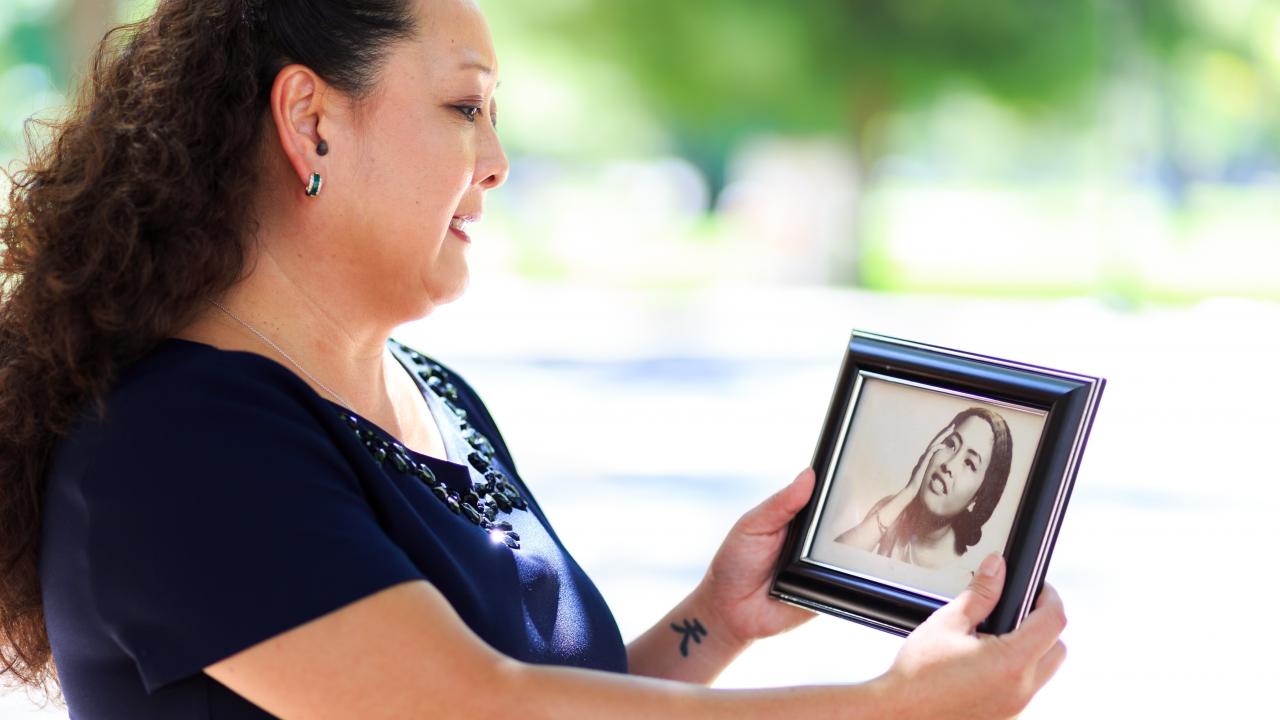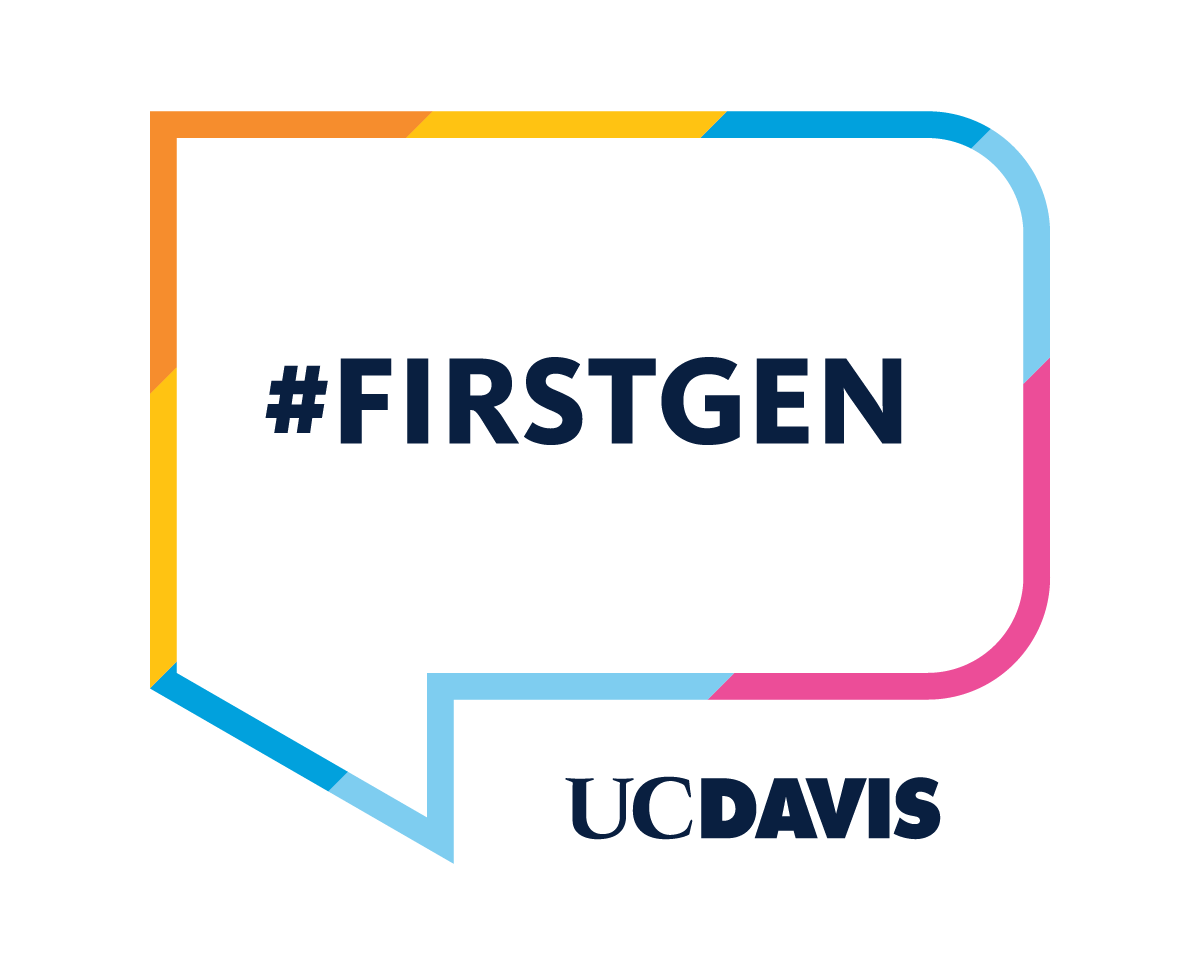
"What happens when you flee your homeland" - Ami Tripp
Ami Tripp, EdD
Assistant Director, Internship and Career Center
Under the full moon, I was rushed out of bed in the middle of the night, along with other families. What I remember was my mom telling me in hushed tones not to cry, to be as quiet as possible.
I was 7. We were on a small fishing boat with no life jackets, crammed in with the other families. My mom was seasick, and I was hungry. It was now the seventh day we were adrift at sea without food. My mom spent the day praying to Buddha to ask for help.
That evening our boat started to move. Looking out of the small wooden window, I saw dolphins swimming alongside our boat, on each side, moving us along. That night we came upon an American oil tanker and were rescued. I later would learn that I was one of the nearly 130,000 people who fled Saigon and part of the estimated two million “boat people” who would flee Vietnam over the next two decades.
That is what happens when you flee your homeland.
We were put into refugee camps until we arrived in Duluth, Minnesota in November 1981. Although it was difficult for me, my mother put me into school immediately. I was an eight-year-old first grader because I could not speak English. My mother took ESL classes to better herself. Over the years she worked multiple jobs to provide for us (my brother and me). Despite that, she always made time to help us with our homework, and drilled into us the importance of a formal education, as she was not fortunate enough to have one. My brother and I both worked hard to make our mother proud. We graduated high school as co-valedictorians, and graduated college with honors; my brother went on to be an Orthopedic Physician Assistant and I would start a family, along with a career in higher education.
Determination is Key
My mother's determination to succeed and start her life over at age 32 helped me see that anything was possible. I went to college and graduated because my mother wouldn’t have it any other way. She was determined I get the education she never received.
College was difficult at first, and I was afraid of failing, knowing that failing would devastate my mother. However, in 2018 I fulfilled my childhood dream (and my mother’s) of earning a doctoral degree at Concordia University, Portland. I received my doctorate in higher education; a field that I’ve dedicated my life to. Like my mother, I value higher education and all of the opportunities that it provides, especially to first generation students.
Aside from my mother, there were mentors at UC Davis who encouraged me to pursue graduate work. Mentors such as Timo Rico, Executive Director for the Center for Student Affairs, encouraged me to go and get my Master's and then to get my Ed.D. Monica Peña-Villegas with the Early Academic Outreach Program believed in me and allowed me flexibility in my work schedule to pursue my education.
The most positive thing about my college experience has been the people I’ve met along the way. I would tell a first-year student to find a mentor. When you have a mentor, you benefit from learning from someone who has already reached the point where you are trying to get to. They understand the sacrifices that need to be made, the pitfalls that should be avoided, and the challenges that can arise along the way. A mentor can have tremendous impact on your self-confidence. I will continue to be dedicated to higher education, because the work I am doing provides opportunities for others to grow and make an impact in the world.
